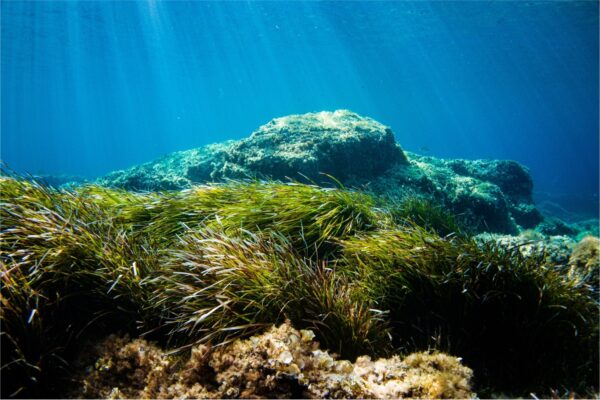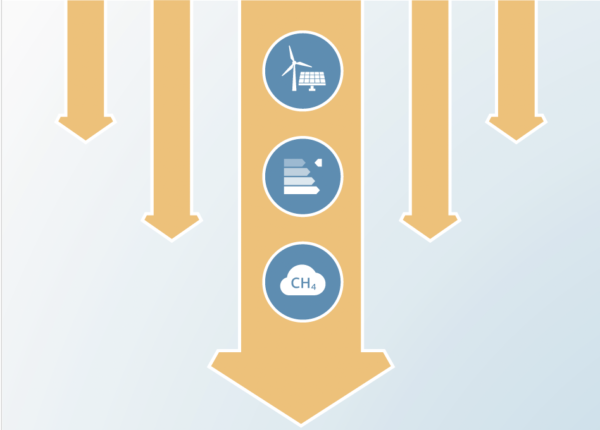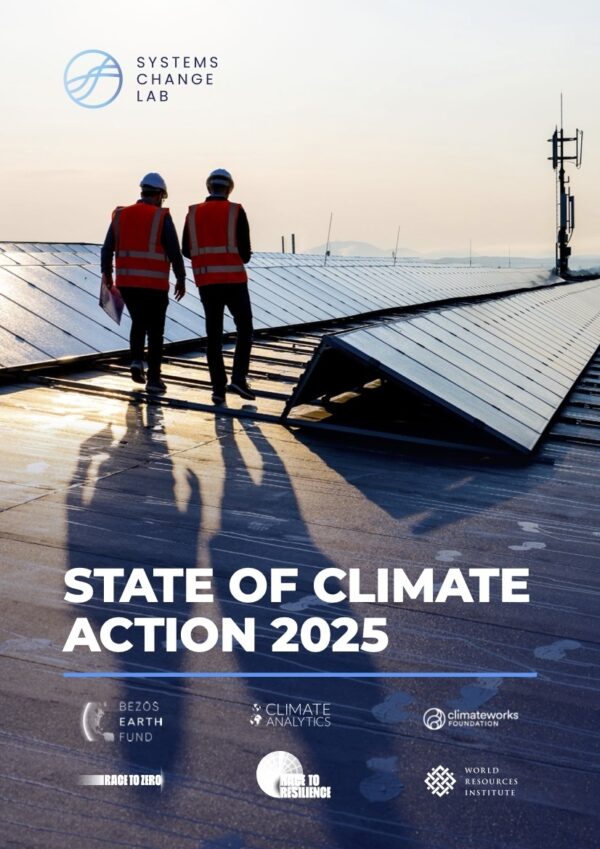Critical and strategic materials: potential bottlenecks and the EU perspective
Authors
Andrzej Ancygier, Olivia Waterton, Sarah Most, Eoin Quill, Sepideh Rabiee, Daniel Myer, and Deborah Ramalope

The shift from fossil fuels to renewable energy presents both benefits and risks in terms of energy dependence. While the EU’s dependency on fossil fuel imports is likely to decrease significantly, it will be replaced with an increasing dependency on imports of a much broader array of materials critical for the energy transition.
The dependency will undergo significant changes within the next decades as new resources are discovered and existing reserves are utilised. While this bears some similarity to the early stages of oil extraction, due to the speed of the transformation and the resulting scale-up in demand, the spikes in commodity prices will be much larger and there will be increased market uncertainty.
Unlike hydrocarbons, most of the critical and strategic materials can be recycled. This will have an impact on the EU’s long-term import dependency. As efficiency increases and new technologies are discovered, this dependency may not prove as enduring as than that on fossil fuels.
The transformative change in the EU and other countries may be slowed down by bottlenecks in availability of materials essential for the transformation. To provide a proper policy response to the drivers of such bottlenecks, a much more differentiated approach is needed.
For many critical and strategic materials, the geological reserves, mining, and processing are heavily concentrated in a few countries. In addition to the bottleneck risks that concentration alone presents, country stability must also be considered, as the level of geopolitical risk of a high concentration over a part of the supply chain varies in different countries.
Even if the materials are available in different countries, bottlenecks may also result from the discrepancy between policy measures driving demand and the speed with which the supply of the materials can be increased. At the same time, the risk of bottlenecks caused by the lack of available materials in the EU may be reduced either by extracting EU resources or recycling products to increase secondary supply.
Disclaimer
This publication was produced as a deliverable under the project 4i-TRACTION – innovation, investment, infrastructure and sector integration: TRAnsformative policies for a ClimaTe-neutral European UnION. This project received funding from the European Union’s Horizon 2020 research and innovation programme under grant agreement No. 101003884.











